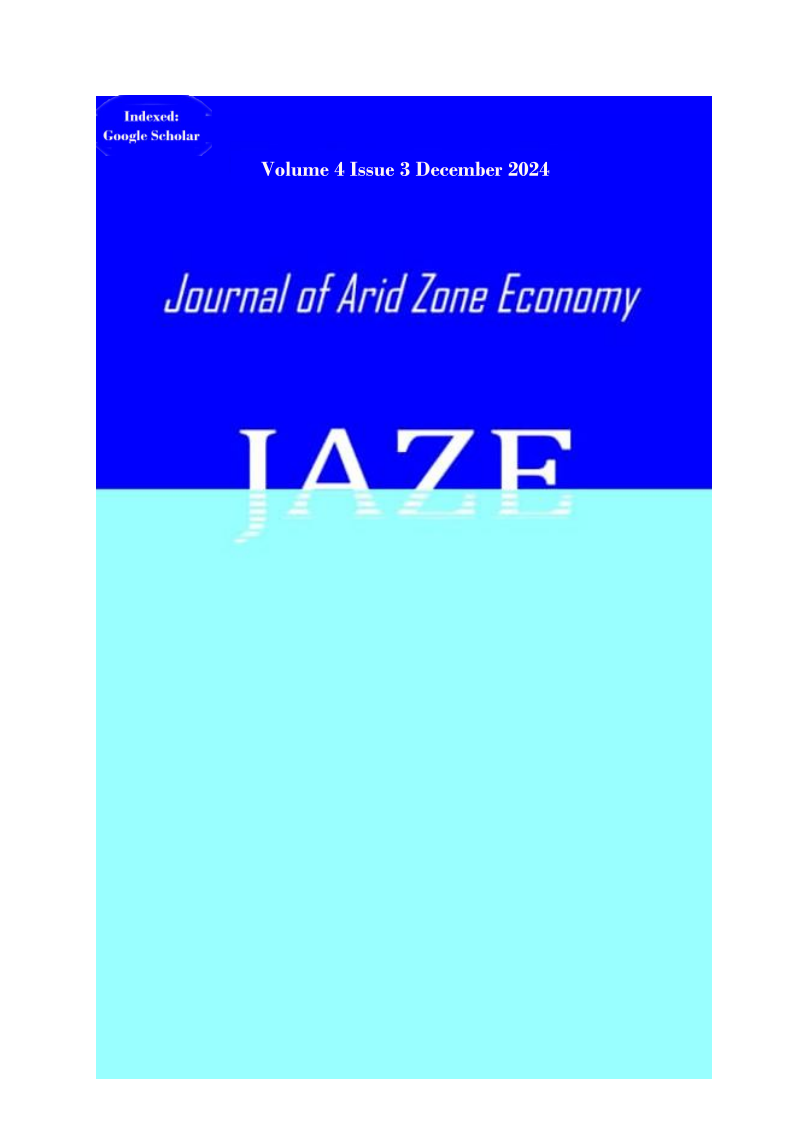An Assessment of the Role of United Nations Security Council and United States Interventions in North Korea Nuclear Programme
Keywords:
UN Security Council, Nuclear, Nuclear Proliferation, Nuclear Non-Proliferation TreatyAbstract
This study explores the complex interactions between the United
Nations Security Council (UNSC) and U.S. interventions concerning
North Korea's nuclear program, assessing the effectiveness and
limitations of these approaches. The North Korean nuclear issue
presents a significant challenge to global security, leading to
coordinated international responses. The UNSC has implemented
various sanctions to limit North Korea's access to nuclear materials
and technology, establishing a framework for collective action.
However, compliance remains problematic as North Korea continues
to progress in its nuclear capabilities. Simultaneously, the U.S. has
employed a multifaceted strategy, shifting from "strategic patience"
under the Obama administration to direct negotiations during the
Trump presidency. Although high-profile summits aimed to promote
dialogue, they often resulted in limited outcomes, complicating
denuclearization efforts. Geopolitical dynamics, particularly the roles
of China and Russia, further influence the UNSC's effectiveness in
maintaining a unified stance against North Korea. Additionally, the
humanitarian implications of sanctions raise ethical concerns
regarding their impact on the North Korean population. Ultimately,
this analysis argues for a more integrated strategy that combines
diplomatic engagement, regional cooperation, and a nuanced
understanding of humanitarian considerations to achieve lasting peace
and security in the region.

Downloads
Published
Issue
Section
License
Copyright (c) 2024 Journal of Arid Zone Economy

This work is licensed under a Creative Commons Attribution 4.0 International License.

